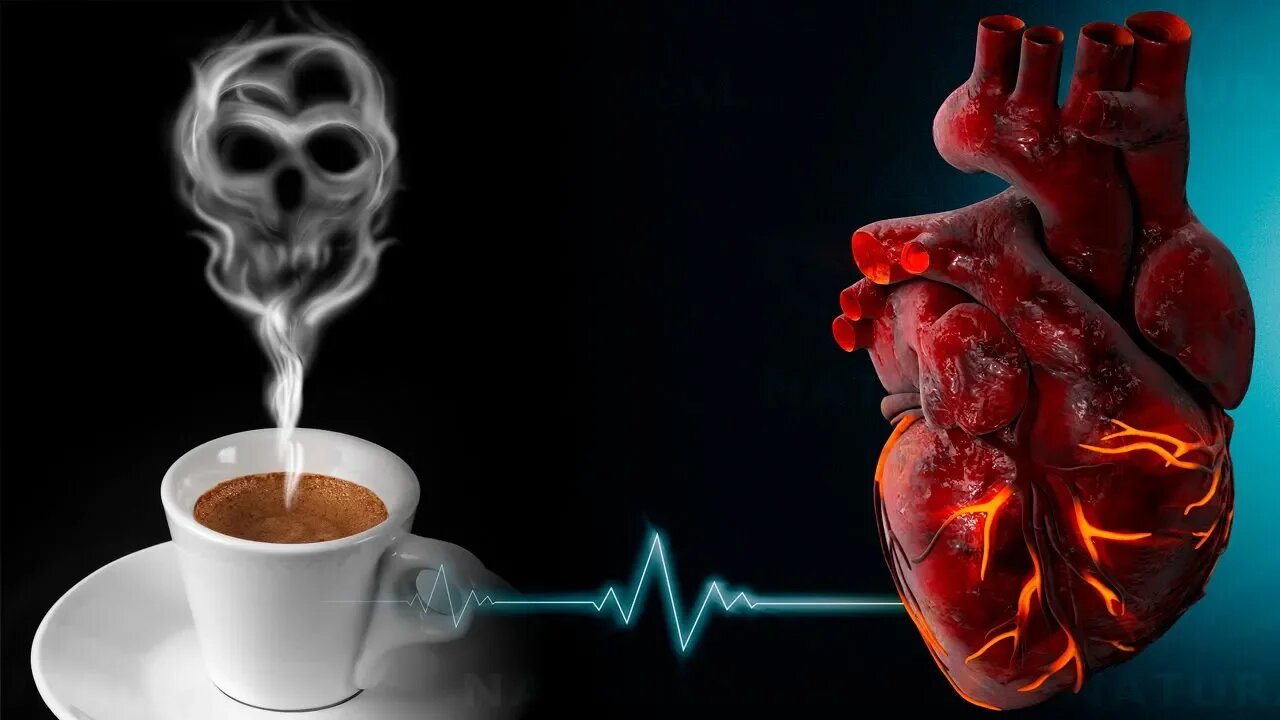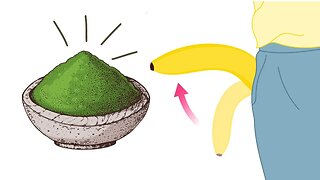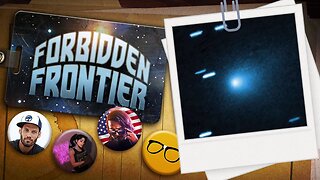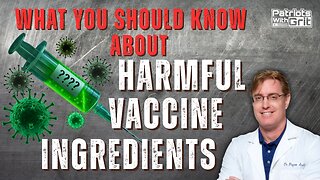Premium Only Content

Is Coffee Good For You? How to Know If You Are Intoxicated
It’s present in most households in the world and people drink it all day long to wake up or just for an energy boost.
Coffee is the second most valuable commodity in commercial terms, and is surpassed only by petroleum when it comes to world-wide transactions of business.
But despite its popularity, consuming too much coffee can cause health problems, according to scientists.
Caffeine is a naturally occurring substance found in the leaves and seeds of many plants.
Since it’s considered to be a stimulating substance, it activates our central nervous system, raising the level of our alertness.
This can be very good when we need to wake up at work after lunch, but did you know that it might be poisoning you?
The effects of coffee last longer than we think and build on top of each other.
So when we drink coffee, we can experience anxiety or insomnia symptoms for up to 15 hours later!
Do you know anyone who is a fan of coffee? Share this video with them!
This is not a serious problem, but when you are trying to be as natural as possible, this symptom can be very unpleasant.
Most people feel good after drinking coffee, because it cheers and stimulates.
But for others, this energy injection is not at all pleasant.
Caffeine can also interfere with our normal sleep cycles, disrupting our circadian rhythm.
If you have any of these symptoms that we mentioned before, have tachycardia or are still having trouble sleeping then it is better to avoid coffee.
If you really like the taste, then there are great options that can taste great without interfering with your health.
----------------------------------------
Facebook: https://bit.ly/38BWbw3
Pinterest: https://bit.ly/2Irvwa6
Disclaimer: The materials and the information contained on Natural Cures channel are provided for general and educational purposes only and do not constitute any legal, medical or other professional advice on any subject matter. These statements have not been evaluated by the FDA and are not intended to diagnose, treat or cure any disease. Always seek the advice of your physician or other qualified health provider prior to starting any new diet or treatment and with any questions you may have regarding a medical condition. If you have or suspect that you have a medical problem, promptly contact your health care provider.
-
 6:47
6:47
Natural Cures
1 year ago $1.55 earnedIf You Take Moringa Powder Every Day, This Will Happen to Your Body
5.67K5 -
 LIVE
LIVE
Badlands Media
9 hours agoThe Narrative Ep. 35: Codex of Truth
5,962 watching -
 3:55:56
3:55:56
Due Dissidence
12 hours agoSchmuley TRASHES Shapiro, Maxwell Sings For Pardon, Uhuru Doc Preview - Live From St. Louis!
27.9K36 -
 LIVE
LIVE
Lofi Girl
2 years agolofi hip hop radio 📚 - beats to relax/study to
385 watching -
 2:23:21
2:23:21
PandaSub2000
5 days agoLIVE 9:30pm ET | MADISON VR (The Scariest Game Ever Made)
9.88K1 -
 2:34:32
2:34:32
Badlands Media
5 days agoCODEX 9/11
270K221 -
 1:53:43
1:53:43
Nerdrotic
6 hours ago $0.27 earnedMysteries of 3I/ATLAS | Forbidden Frontier #113
41.6K5 -
 2:04:21
2:04:21
vivafrei
1 day agoEp. 278: D.C. Peace Wave! Big Tish & Nipple Judge SPANKED! "Maryland Man" Trafficker FREE & MORE?
90.7K116 -

Damysus Gaming
3 hours agoBorderlands 3 - Part 8 - FL4K Time | Children of the Vault be Warned!
11.8K -
 1:30:28
1:30:28
Patriots With Grit
6 hours agoWhat You Should Know About Harmful Vaccine Ingredients And What To Say To Your Doctor, Pediatrician, Health Department or School When They Pressure You, Your Kids Or Your Family Members | Dr. Bryan Ardis, D.C.
11.7K5